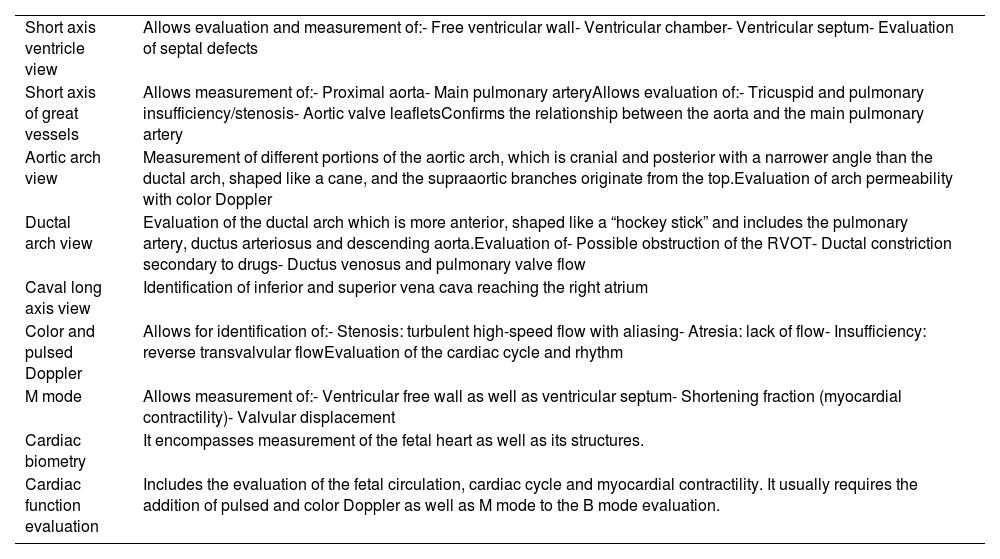
Edited by:
José Antonio Sainz Bueno
Professor of Obstetrics and Gynecology, Faculty of Medicine, University of Seville, Seville, Spain Professor of Obstetrics and Gynecology, Faculty of Medicine, University of Seville, Seville, Spain Professor of Obstetrics and Gynecology, Faculty of Medicine, University of Seville, Seville, Spain Professor of Obstetrics and Gynecology, Faculty of Medicine, University of Seville, Seville, Spain Professor of Obstetrics and Gynecology, Faculty of Medicine, University of Seville, Seville, Spain
Eugenia Antolín Alvarado
Senior Consultant in Fetal Medicine, Department of Obstetrics and Ginecology, University La Paz Hospital; Member of the Obstetric Group in IdiPAZ- Biomedical Research Institute; Member of the SAMID network, Associate professor UAM University, Madrid, Spain
Evaluation of the fetal heart is an integral part of prenatal care. Congenital heart defects (CHDs) are the most common major congenital anomalies, affecting approximately 0.8–1% of live births. Screening for CHDs has shown to improve perinatal outcomes. The performance of screening programs lies, among others, in the systematization of the sonographic evaluation. This review aims to outline the technique for conducting a basic fetal cardiac examination as well as to report the main indications for referral for advanced echocardiography and succinctly describe the technique for advanced echocardiography and first-trimester evaluation of the fetal heart.
La evaluación del corazón fetal es una parte integral de la atención prenatal. Los defectos cardiacos congénitos (CC) son las anomalías congénitas importantes más comunes y afectan aproximadamente al 0,8-1% de los nacidos vivos. Se ha demostrado que la detección prenatal de las malformaciones cardiacas mejora los resultados perinatales. El rendimiento de los programas de cribado prenatal de las anomalías cardiacas depende, entre otras cosas, de la sistematización de la evaluación ecográfica. Esta revisión tiene como objetivo describir: 1) la técnica para realizar un examen cardiaco, 2) las principales indicaciones para indicar la realización de una exploración avanzada o ecocardiografía, 3) la técnica para realizar la ecocardiografía y 4) la evaluación del corazón fetal en el primer trimestre.












